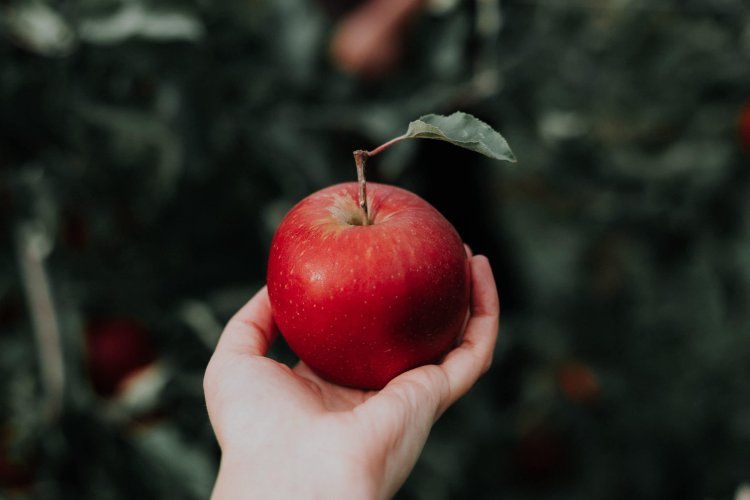Everything you need to know about apples

Plant an apple tree, preferably an ancient variety, if you have a little plot of ground. It's so simple to keep up with, yet it provides so much...
An apple is a fruit that may be found in any orchard. The apple is produced all over the world for its fruit, which is quite a feat for a plant that originated in Kazakhstan's mountainous area, where the fruits of "wild apples" (Malus sieversii) may still be collected today. It tastes nothing like the apple from our garden, which has the Latin name Malus domestica, indicating that it is a cultivated type with taste receptors tailored to humans.
The "wild" apple's fruit is bitter, sour, and nearly inedible, yet owing to man and animals, the apple has become an essential element of human nutrition. Caravan routes that helped traders to transfer products through East Asia to Europe, known as the Silk Road, had a vital part in the spread of apples as a species. Camels and horses ate wild apples along the road, and because apple seeds included a small amount of cyanide, which tasted quite bitter, the bones went through the digestive system intact and ended up in a mound of manure, offering ideal circumstances for germination and early development.
The apple's genetic characteristics have also aided its natural expansion. In other words, each apple seed includes the genetic code for an entirely new apple variety. If we plant an apple seed, it will grow into a tree that bears just a few resemblances to its parent. Every apple tree in the world would be a different kind if it weren't for the grafting procedure. The scientific word for this genetic diversity is heterozygote, which is severe in the case of apples, but this "wildness" offers the plant an advantage when it colonizes new places with varying climatic and geographical circumstances.
OLD AND NEW VARIETIES
As a result, the grafting or grafting process is now very significant for producing apples, as it offers the children the same qualities as their parents, or, to put it another way, the plant is cloned. A significant genetic wealth of ancient traditional varieties exists in our area, which is a vital component of our natural and cultural legacy. Despite the fact that most old-variety orchards have been neglected, attempts have lately been undertaken to restore and safeguard them as a demand for their fruits develops.
APPLE GROWING
When planning and selecting variations, it's important to consider how large a certain cultivar's tree will develop. The size of the trees is mostly dictated by the substrate on which they are grafted, and we provide fruit trees grafted on lush, moderately lush, and weakly lush rootstocks in nurseries, depending on the amount of space available in the garden.




























